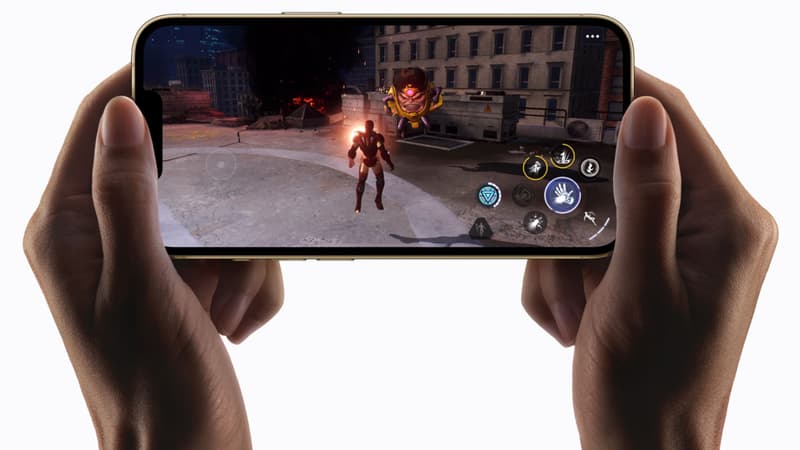British microprocessor champion Arm, a subsidiary of Japan’s SoftBank, has officially launched its IPO process on Wall Street. Here are five things to know about this company recently valued at more than $64 billion.
Arm is a world leader in semiconductor architecture subsequently manufactured under license for almost the entire global smartphone market. Its processor models have thus integrated the manufacture of more than 99% of the world’s smartphones by 2022. All Android models, as well as all iPhones, have processors that work on an architecture designed by Arm.
Founded in 1990, Arm sees its technology also contained in most digital tablets and television screens, as well as a significant portion of embedded processor chips. About 70% of the world’s population uses products based on its technology, according to company estimates.
Its processor architecture is much better suited for small form factor devices than Intel’s, which has experienced numerous flops in the smartphone market before disappearing entirely. With the integration in 2020 of the Arm architecture chips in Apple’s MacBooks, inspired by those of the iPhone, the company is now attacking the computer market, hitherto dominated by Intel.
More than 30 billion chips based on Arm’s technology were shipped in the year ending March 31, an increase of about 70% since 2016. Arm receives a unit fee for nearly all chips designed and manufactured with your technology.
Headquartered in Cambridge, the heart of British cutting-edge science with pharmaceutical giant Astrazeneca and one of the world’s most renowned university centers, Arm is considered a jewel of British industry.
The announcement in March of an IPO on the other side of the Atlantic for this company, considered strategic, was a severe blow to the British government and Prime Minister Rishi Sunak, who had been trying for months to get his technological jewel to go public at home. like the City. seeks to maintain its post-Brexit rank against competition from its European rivals.
A mega-divestment from Arm to the US Nvidia, announced in 2020, was thwarted in early 2022 by “significant regulatory hurdles”, as various regulatory authorities worried about the central position that this acquisition could offer Nvidia in this sector considered strategic. . .
This operation brought a cold sweat, in particular, to the British government, which had noted the “vital role of Arm in the technology sector” and in the UK economy and had raised the possibility of “taking the appropriate measures”.
The shortfall for SoftBank Group was huge: Arm’s asking price was initially $40 billion, and its value had risen dramatically because a portion had to be paid for in shares of graphics card specialist Nvidia, whose title flew on the market. of values.
Almost a quarter of the company’s turnover is generated by a single client, Arm China, an entity that, despite its name, is controlled neither by the British manufacturer of microprocessors nor by its parent company SoftBank, which only have an indirect participation. and minority in it. .
“We depend on our business relationship with Arm China to access the Chinese market. And “if this business relationship no longer exists or deteriorates, our ability to compete in (this) market could be materially and adversely affected,” Arm warns in filings for its initial public offering.
The company is also particularly sensitive to the international tensions that have increased in recent years around this strategic sector, particularly between China and the United States.
Arm aims to play a strategic role in the field of generative artificial intelligence (AI), which is currently generating excitement around the world.
According to the manufacturer, its microprocessors already allow all modern smartphones to support artificial intelligence and machine learning (machine learning).
But future generations of its chips will have to further speed up key elements of the algorithms that will be used in future applications, particularly artificial intelligence, or risk being overwhelmed, warns the company, which says it is working on this. theme with Alphabet. (parent company of Google), Cruise (General Motors), Mercedes-Benz, Meta (parent company of Facebook), and Nvidia
Source: BFM TV


